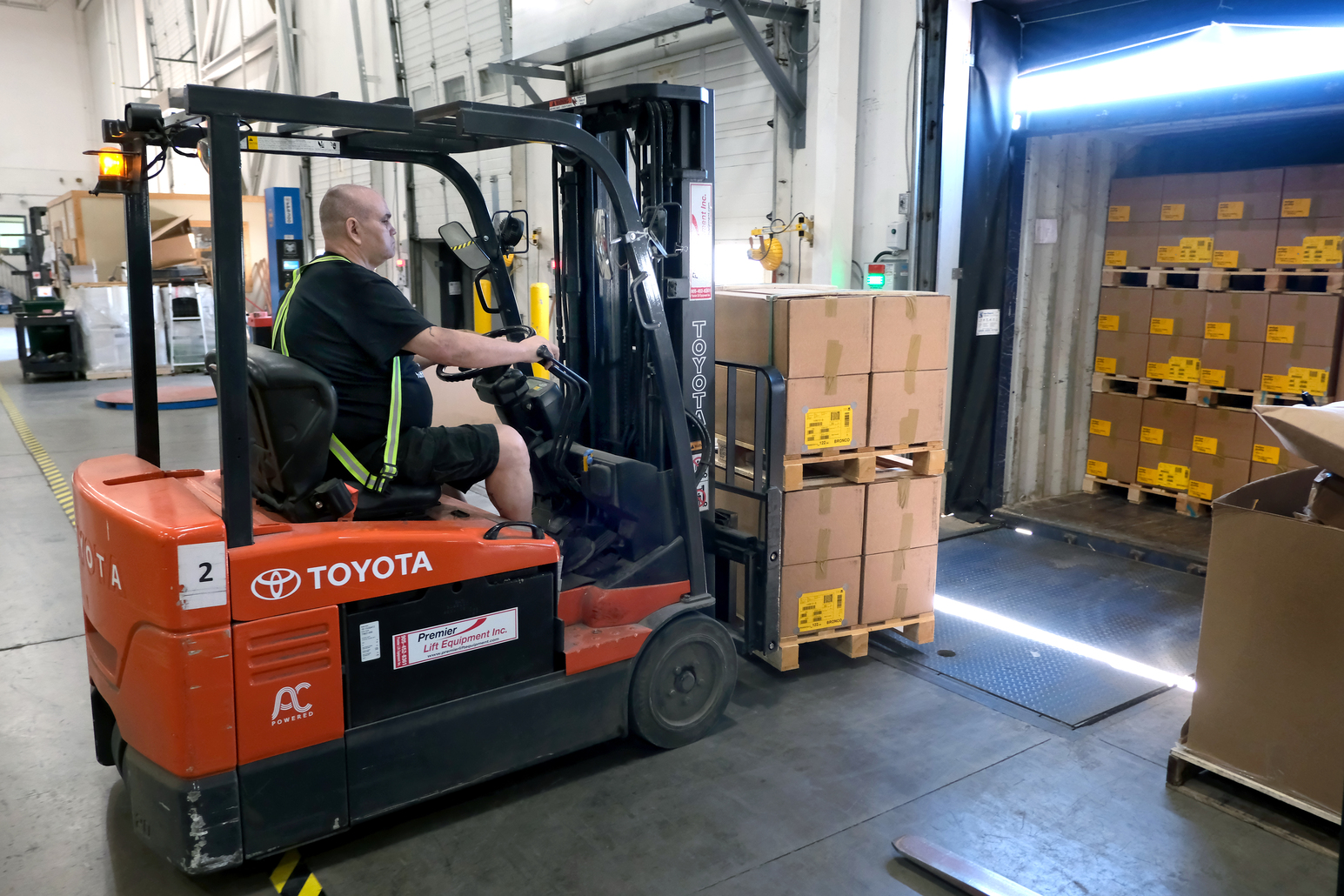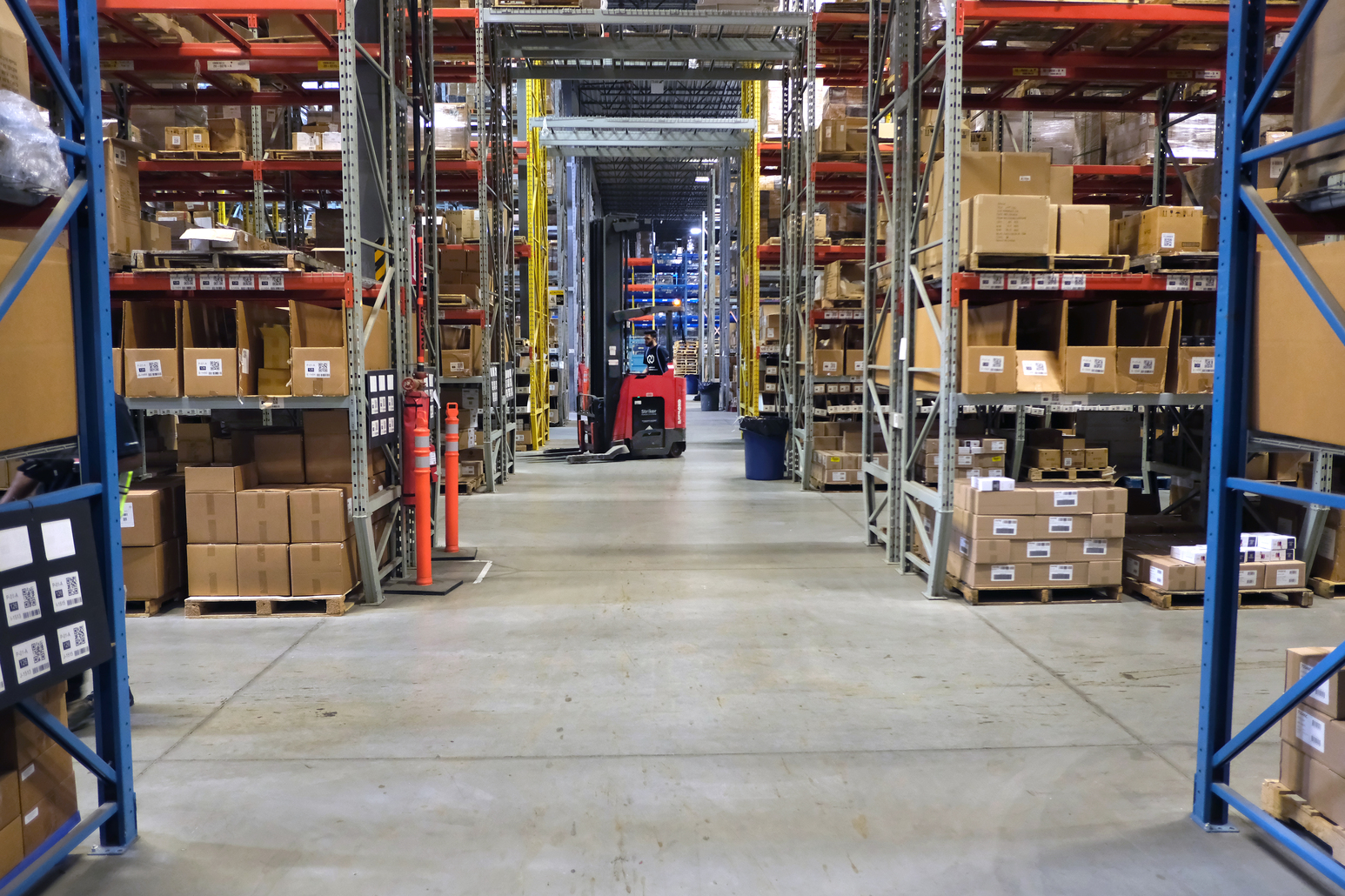There are many expense components that make up a logistics department. Allocating funds to each of the individual functions is not an easy task. If yours is an established company that has the luxury of previous logistics expenses as well as projected numbers for future sales, setting a budget becomes easier. However, new start-ups may face a bigger challenge as they begin to grow their company.
One of the hardest factors to reconcile is the fluctuation in freight charges and surcharges that vary throughout the year. Commodities such as fuel and currency are usually revised on a quarterly basis and can work in your favour or against. On some trade lanes, peak-season and other surcharges apply that make predicting your future freight costs a guessing game.
Here are the 8 top factors that will affect your logistics budget:
- Base Freight Rates – Your base rates usually make up the bulk of the budget. If you have a significant transportation spend, it may be wise to negotiate base rates that are valid for 12 months. Knowing what your rates will be for an entire year allow you to include these costs to determine your sales price. However, carriers usually specify a minimum quantity of shipments in order to honour the annual price. If a shortage of committed volume occurs, penalties may apply to make up the shortfall.
- Surcharges – All modes of transport apply surcharges for fuel, currency and some for peak-season shipments. Fuel and currency surcharges fluctuate often so it is difficult to predict over the course of a year. Most carriers set these surcharges every quarter so you should be able to calculate costs for the first three months of the year and have an ‘educated guess’ for the remaining nine months. Peak-season surcharges are usually associated with the Far East trade and usually begin in the fourth quarter of the year. Find out more about General Rate Increases imposed by carriers.
- Local / Domestic Freight Rates – Aligning with a few local and nationwide carriers can secure the best rates based on your volume. If you maintain one or more in-house trucks and drivers, weighing the cost of employee wages and vehicle maintenance / insurance against a 3PL delivery company could produce significant savings. Outsourcing to a 3PL that can act as an extension of your company has its benefits. Find out what are the main reasons why your should consider outsourcing to a 3PL.
- Import / Export Customs Brokerage – Fixed fees are usually offered by customs brokers to perform all declarations which will vary based on various factors such as the number of products / HS Codes in your shipment, additional reporting requirements, value of your shipments. Value added services such as RMD and PARS clearances carry additional costs and can add up over the year. Be sure to have these additional service charges in writing. If you are not sure how to find a customs broker for your business, find out how in this article.
- IT Investments – Supply chain software changes frequently however most shippers exercise due diligence before purchasing in order to make sure that the programs are useful over an extended period of time. Companies can choose to allot the expense in the first year or amortize over the life expectancy. Keep in mind that upgrades to the software may become available and usually require additional expense.
- Cargo Insurance – This is a proportionately minor cost in comparison to the overall value of the shipments but depending on the sales volume, can accumulate quickly for a thriving business. Annual premiums can be negotiated allowing you to budget fairly accurately. If you are not sure whether insuring your cargo is worthwhile, find out if cargo insurance is really worth it.
- Warehousing – Any time a company chooses to warehouse their inventory in- house, expenses can escalate. The cost of real-estate alone can be a deterrent and when you factor in warehouse staff, material handling equipment and insurance costs, considering a 3PL warehouse may see substantial cost savings in the annual budget. Most outside warehouses maintain a WMS (Warehouse Management System) that allows the shipper a transparent visibility for inventory and order management.
- In-House Employees – Aside from base freight rates, employee wages, benefits and training, the cost of retaining staff is an expensive investment. Of course, some companies need an in-house traffic department to coordinate the supply chain functions. However, technological advancements has given many companies the choice of outsourcing several functions at a significantly reduced cost.
In order to limit the elusiveness of freight rates, it may be advisable to post an RFP for your most regular trade lanes. Every company’s logistics requirements are different so it is a matter of looking at new methods to reduce costs while meeting the freight budget limitations. To get the most out of your freight RFQ, read these 5 critical tips.
Mantoria Inc. offers certified freight consultants to help you ensure you better manage your annual logistics budget and provide insight that will help to simplify the process. Contact us today for a no obligation consultation.




